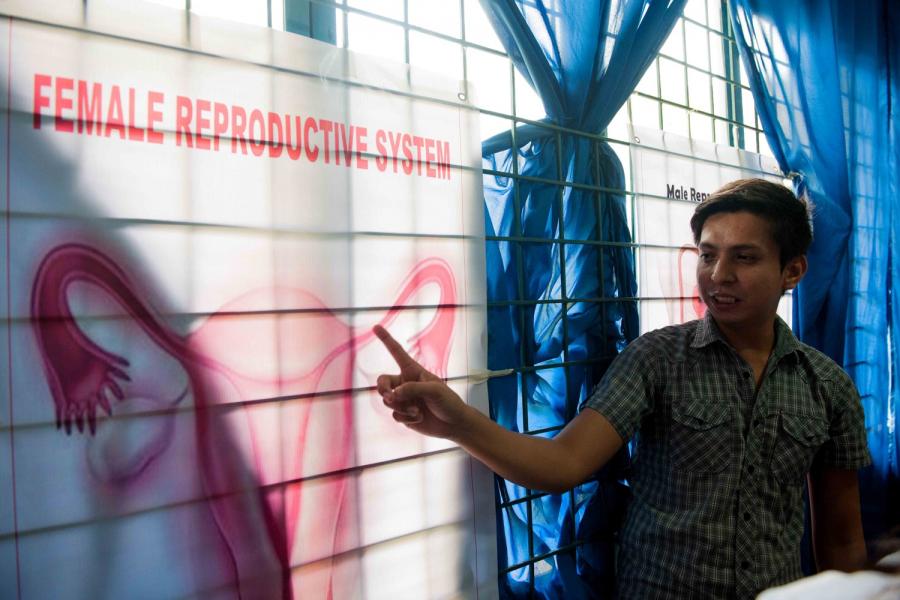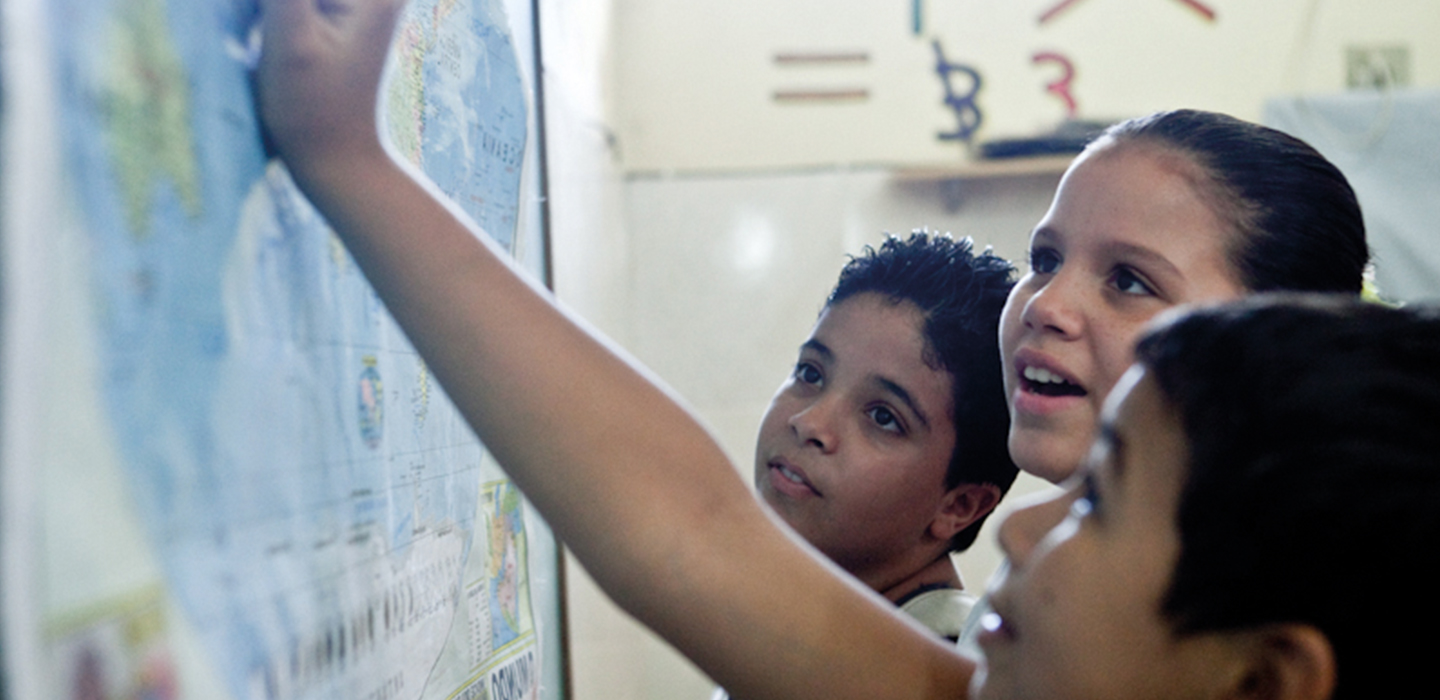Latest News
Understanding Teen Pregnancy in the Philippines
Posted 15 November 2021 in EMpower News, Grantee Partner News | Share

“I had thought about using contraceptives, but my boyfriend kept telling me that he guarantees that I won’t get pregnant, and I believed it,” Diane shared.
Diane was one of 119 girls whom our grantee partner Roots of Health selected to participate in a research initiative to assess the rise of teen pregnancy in Palawan, Philippines. Roots of Health, in collaboration with researchers from Columbia University’s Mailman School of Public Health, recently published their findings in three ground-breaking reports.
Diane’s story—and the many other stories heard and documented—underscores the urgent need for access to accurate and consistent sex education in local communities, and for debunking common rumours about contraception and pregnancy prevention methods among adolescents.
In 2020, with support from EMpower, Roots of Health carried out a two-part quantitative and qualitative research project in order to better understand adolescent pregnancy. They surveyed young women and girls who have had teen pregnancies in order to understand their unique situations and to identify any common factors that lead to a disproportionate risk of teen pregnancy for some. They looked at factors such as families and households, self-esteem, romantic and sexual relationships, and access to health services.
Diane’s experience, like many others interviewed, highlights the challenges. Girls lack access to information on sexual and reproductive health and youth-friendly contraceptive services, and this is exacerbated by unequal power dynamics in their personal relationships.
The reports highlight how much we as a society have failed them at multiple points of possible intervention—be it sexual and reproductive health and rights education, access to health care, lack of understanding from their parents and families, and social stigma and discrimination.
The research initiative itself faced hurdles. The researchers had to delay the project many times due to COVID-19. Kundhavi Balachandran, EMpower Program Officer for East and Southeast Asia, noted, “Carrying out an analysis of this magnitude at any time would have been impressive, but doing this amidst the global pandemic, whilst juggling many other existential priorities and the limitations of face-to-face interactions, is truly commendable.”
Based on the data generated from the two studies, the researchers made key recommendations for the way forward, to ultimately reduce teen pregnancy. And the research could go a long way in helping chart the course for change. Government representatives from the Commission on Population and Development, Puerto Princesa City Health Office, Palawan Provincial Department of Education, and the Puerto Princesa Youth Federation attended the launch of the reports, among others.
And the local Girls Advocacy Council was among the first to react and amplify the voices of the girls surveyed. EMpower looks forward to testing out promising solutions to the challenges raised and working to ensure girls and young women can actualise their sexual and reproductive health and plan their futures.
Read the reports:
Advocacy Toolkit: What We Could Have Done Differently
Quantitative Report: Unprepared: A Summary of Survey Findings on Teenage Pregnancy in Palawan, Philippines
Qualitative Report: “I wish I didn’t get pregnant early.”
View All NewsMore Latest News
- We are Hiring: Programme Consultant, Peru
- Posted 23 April 2024
- A Word with Prarthana Kumar
- Posted 16 April 2024
- Finding the Power
- Posted 16 April 2024
Upcoming Events
Connect with EMpower
Stay up-to-date on the latest EMpower news, highlights from our grantee partners, upcoming events, and more.
Make a Difference with EMpower
Our Board Directors and the Leadership Council underwrite all of our Management, General and Fundraising expenses, so 100% of your donation goes directly to empowering marginalised young people.

